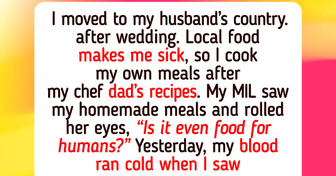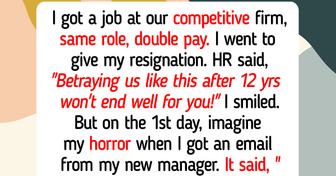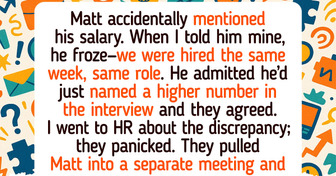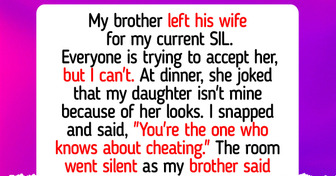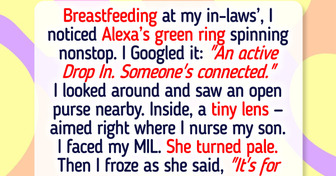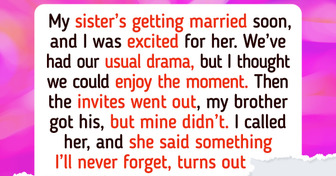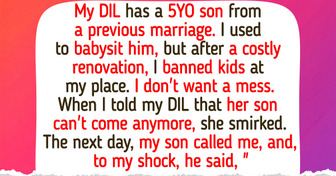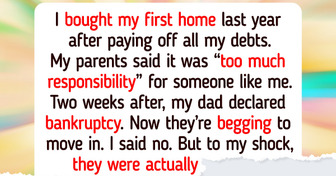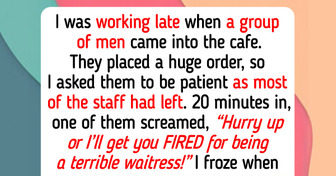10 True Stories That Prove Kindness Is Quiet — but Stands Strong
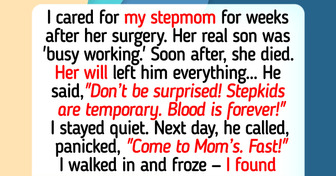

All of us see the world and the things that happen to us differently through our personal emotional "filter", which is why people's reactions to the same situations may vary. Judith Orloff, the famous American psychiatrist and the author of NY Times bestseller, Emotional Freedom: Liberate Yourself From Negative Emotions and Transform Your Life defined the 4 emotional types that all people belong to. She calls these emotions "the default setting of your personality to which you each revert, especially under stress."
Bright Side has learned about all the types explained in the book, their upsides and downsides, and how to balance emotions in stressful situations according to your type. Check them all to figure out which type you are and don't miss the amusing bonus at the end of the article.
Description:
You rely on your brain, not on your emotions. Your mind is very active and it looks like you don't stop thinking and analyzing even when you're sleeping. Whatever happens, you start analyzing it rationally and thoroughly, and making plans without noticing your feelings (if you even have them).
Upside:
You're very logical and intellectual, almost nothing can unsettle you. You easily find solutions to the problems you face. You are very convincing and can stay calm in very stressful situations.
Downside:
It's hard for you to understand other people's feelings as you don't pay a lot of attention to your own.
How to manage:
Description:
You are very sensitive and emotional. If your loved ones are happy, you're happy, if they are upset, you get upset as well. People often tell you that you're overreacting. You're also sensitive to your surroundings like smells, noise, and other people's emotions.
Upside:
You're a loving and caring person who is always ready to help and give others any kind of emotional support. You're a very responsive listener and have good intuition.
Downside:
You easily absorb negative emotions and may suffer from depression and anxiety. You often feel emotionally exhausted.
How to manage:
Description:
You are dependable and stable, emotionally strong and always stay cool. You don't react to other people's emotions and don't judge anyone, but no one has ever seen you show your own emotions and feelings.
Upside:
You're consistent, reliable, respectful and loyal. It's easy for you to get along with almost everyone.
Downside:
It may be hard for you to build trusting relationships with others.
How to manage:
Description:
You're in touch with your emotions and you share them. Always. You feel a real need to share your emotions with someone immediately and if you can't it makes you feel uncomfortable and anxious. Everyone around can easily understand how you're feeling.
Upside:
You can easily process and get over negative emotions, you're honest and you really appreciate relationships.
Downside:
Sharing too much emotion may make you annoying to others. You also tend to ignore other people's boundaries.
How to manage:
Sometimes it's really hard to understand the real emotions of the members of royal families. Millions of eyes watch their every step and they have to be flawless all the time and follow the protocol and rules of etiquette. They often have to hide their emotions, avoid public displays of affection and do many other "royal" things that we expect from them. Since people are really curious about them, many body language experts always try to reveal what's hidden behind their perfect look.
But some events, like the Olympic games, for example, give us the opportunity to guess more about the emotional types of the royals.
So, which type are you? Tell us in the comments and we'll see how many of each are among us!

